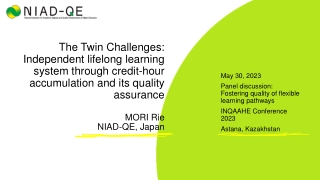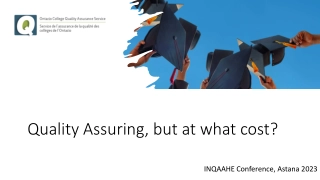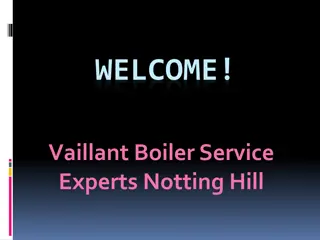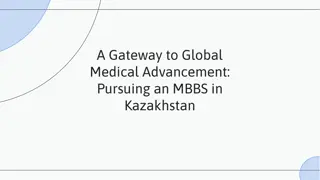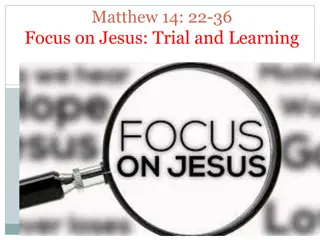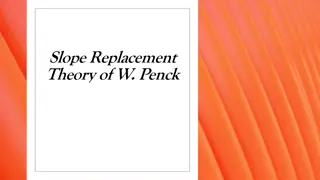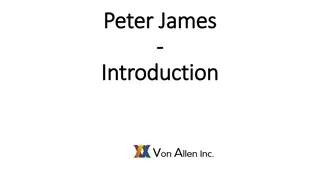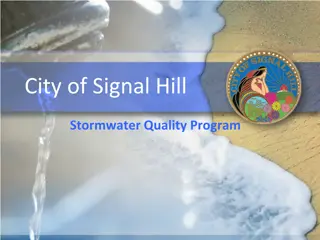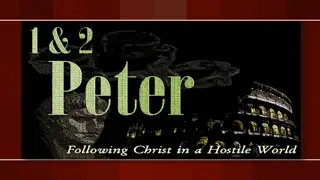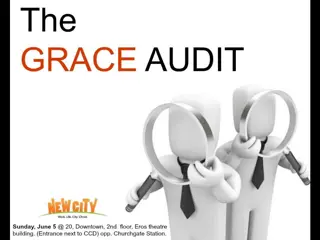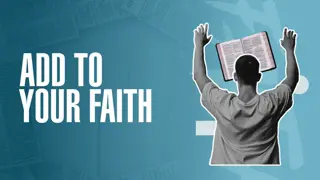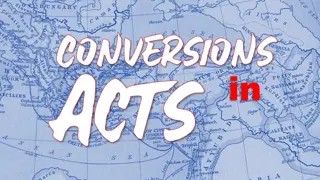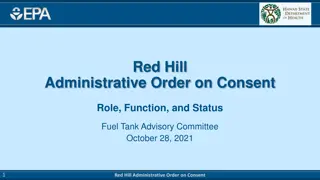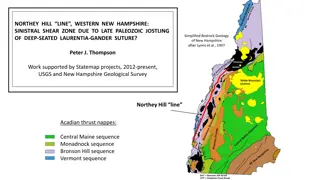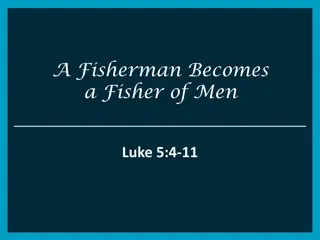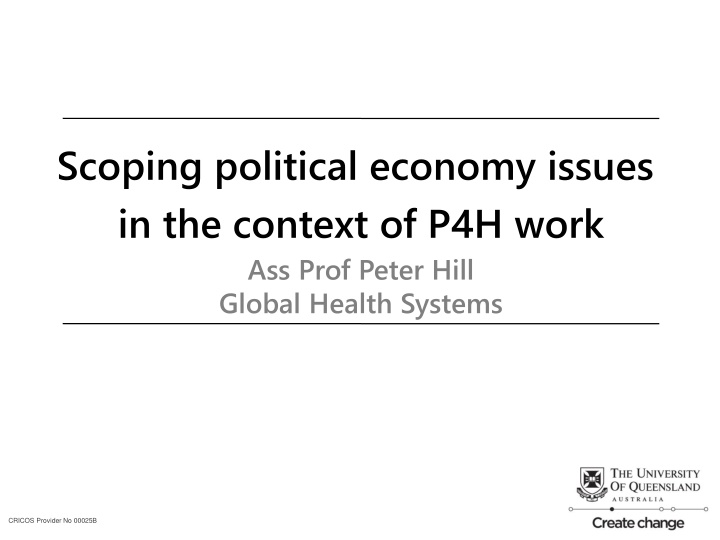
Political Economy Issues in Universal Health Coverage Implementation
Explore the political determinants, trajectories, and common patterns shaping Universal Health Coverage (UHC) implementation. Analysis of the political economy is crucial at all stages of the policy cycle for advancing UHC progress effectively.
Download Presentation

Please find below an Image/Link to download the presentation.
The content on the website is provided AS IS for your information and personal use only. It may not be sold, licensed, or shared on other websites without obtaining consent from the author. If you encounter any issues during the download, it is possible that the publisher has removed the file from their server.
You are allowed to download the files provided on this website for personal or commercial use, subject to the condition that they are used lawfully. All files are the property of their respective owners.
The content on the website is provided AS IS for your information and personal use only. It may not be sold, licensed, or shared on other websites without obtaining consent from the author.
E N D
Presentation Transcript
Scoping political economy issues in the context of P4H work Ass Prof Peter Hill Global Health Systems CRICOS Provider No 00025B
Implementing UHC is a political act UHC is a highly political concept. UHC is often presented as a consensual technical project. It is not. UHC incurs costs and is redistributive; that is enough to make it contentious. UHC also builds in additional contentious goals such as efficiency or access to medicines. Because of this, it is politically contestable and advocates need to understand its political context. (Greer SL and M ndez CA. Universal Health Coverage: A Political Struggle and Governance Challenge. Am J Pub Health 2015; 105 (S5): S637-9) CRICOS Provider No 00025B
Political Determinants for UHC: a historical analysis 1. Left wing political support Social democrat governments; organized labor (unions) But exceptions are possible, depending on context 2. Economic growth and available resources Expansion of coverage linked to economic growth, tax base Expect convergence in rising economies 3. Extent of social cohesion or division Heterogeneous societies less open to redistributive policies 4. Strength of existing institutions Systems histories, vested interests create path dependency 5. Windows of political opportunity Exogenous shocks, but political leadership to act (McKee et al. Universal Health Coverage: A Quest for All Countries But under Threat in Some. Value in Health 2013; 16: S39-45.) CRICOS Provider No 00025B
The Political Trajectory for UHC: common patterns for UHC implementation What are the common patterns of change to UHC?: Domestic pressure is widespread, varied and persistent Health advocates, employers, unions, community Extensive government engagement necessary Particularly in financing, regulation, (sometimes provision) Critical to shift from Out-Of-Pocket to pooled funding The institutions created to provide UHC are negotiated, not designed Implementation varies because of path-dependency, political compromise, local historical, cultural, institutional legacies UHC is achieved incrementally over time Progressively extend existing platforms, institutions, resources (Savedoff WD et al., Political and economic aspects of the transition to universal health coverage. Lancet 2012; 380: 924-32; Bump JB. The Long Road to Universal Health Coverage. Health Systems & Reform 2015; 1:1, 28-38) CRICOS Provider No 00025B
So when can scoping of political economy issues inform UHC progress? Analysis of political economy critical at all four stages of the policy cycle: 1. Agenda Setting: Getting UHC on the National Policy Agenda SDG3.9 strong external imperative But how does UHC gain priority, address local problems? 2. Technical Design: What affects proposed UHC options Policy diffusion: but which international models are relevant? Technical competence: what international influence or training? 3. UHC Adoption: Political Bargaining and Legislation Policy is political public opinion, party politics, bargaining Which actors/institutions support or oppose UHC? Veto points? 4. UHC Implementation: the ultimate step Strength of local institutions, regulatory capacity, quality of service Policy sustainability, competing political pressures (Fox AM and Reich MR. The Politics of Universal Health Coverage in Low- and Middle Income Countries: A Framework for Evaluation and Action. J Health Polit Policy Law 2015; 40:1023-60) CRICOS Provider No 00025B
What are the variables that need to be analysed? Four variables that may affect UHC need to be analysed. Each of these have the potential to enable or obstruct the acceptance and implementation of UHC: 1. Interests All stakeholders who stand to gain or lose from UHC MOH, MOF, professional groups, donors, unions, providers, public etc 2. Institutions Formal political institutions: government agencies, parties, policy framework, existing systems Informal institutions: social norms, expectations, informal rules 3. Ideas Available policy information, evidence, concepts and paradigms The explanatory policy narrative how change might work (or not) 4. Ideology The world-view that would underpin the change May operate at various levels: MOH ideology may be very different to MOF ideology, even within the same political system (Fox AM and Reich MR. 2015 op. cit.) CRICOS Provider No 00025B
Analysing Interests: Who has an interest (or not) in UHC? The analysis of Interestsis similar to a stakeholder analysis, focussing on the political dimensions: Clarify elements of the policy and implementation Identify all actors affected by or influencing UHC Using documentary analysis, key informant interviews, observation, map interest, influence, position, impact of actors This allows you to prioritize communication, negotiation From this data strategize approaches to: neutralize those likely to veto UHC motivate those who are ambivalent about UHC maintain momentum of current UHC supporters (Varvasovszky Z and Brugha R. How to do A stakeholder analysis. Health Pol Plann 2000; 15: 338 345) CRICOS Provider No 00025B
Analysing Institutions: How things are done In conjunction with the analysis of interests, map the institutions likely to impact a major policy initiative such as UHC: Formal institutions involved: MOH, MOF, Social Welfare, Unions etc Political settlements : how policy decisions are processed Who influences them: elite champions , party processes, lobby groups, external agencies But also informal institutions: how things are done, rules of the game , what networks of influence exist, what other issues are in play From analysis of both formal and informal institutions, establish: What are the processes for UHC? Where are the veto points? Which institutions are critical to these veto points? What are their interests? How can they be addressed? (Kelsall T, Hart T and Laws E. Political settlements and pathways to universal health coverage. ODI Working Paper 432. 2016; ODI: London) CRICOS Provider No 00025B
Analysing Ideas How does UHC get talked about? Understanding how UHC is understood by key actors and institutions is critical for policy uptake and implementation Clarify your own UHC narrative. What assumptions are being made? How do you describe UHC? Examine how other actors/institutions describe UHC: What local problems is UHC seen to address? How do local UHC narratives link to global ones? What are the narratives that challenge UHC? Is the UHC narrative socially acceptable? How can negative narratives be re-shaped to address or correct concerns? (Fox AM and Reich MR. 2015 op. cit.) CRICOS Provider No 00025B
Analysing Ideologies How does UHC fit political values? Social and political context influence UHC uptake: how UHC is aligned with political ideologies is important What is the social/political/economic history of local health and welfare systems? How is UHC framed ideologically? What metaphors are used to describe what it does? ( human right , safety net , shared health funding , essential health care ) How does design align with political interests, institutions? Does UHC polarize debate? How can UHC design accommodate dominant ideologies? And the values of implementers? (Fox AM and Reich MR. 2015 op. cit.) CRICOS Provider No 00025B
Scoping the political economy issues for UHC Scoping the political economy issues should inform: A deep understanding of the political/economic context for the introduction of UHC A map of the key stakeholders and their interests who is likely to gain or lose A strategic framework for engaging stakeholders An outline of the formal and informal processes through 4 policy phases and key veto points A complex understanding of how UHC is understood, and how it interfaces with dominant political values A baseline to revisit as UHC implementation progresses CRICOS Provider No 00025B
Scoping the political economy issues for UHC But scoping the political economy issues is only one element of policy advocacy for UHC. It cannot: Guarantee an outcome for UHC but it will identify the issues that need to be addressed; Predict with certainty changes in interests and institutions these are influenced by complex factors; Guarantee a sustainable position political and economic issues are dynamic, constantly changing. But it does assist in anticipating challenges, identifying points of intervention, framing solutions and strategies to minimize uncertainty in implementing UHC. CRICOS Provider No 00025B

